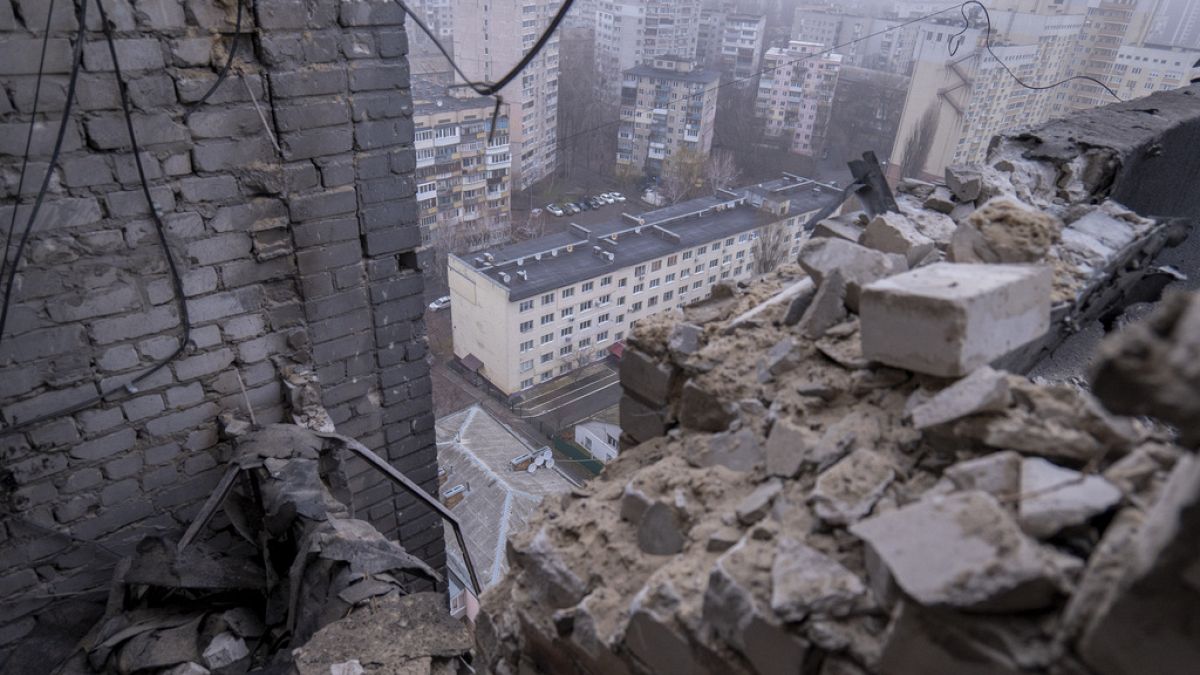Five people were rescued on Mount Taranaki in one day over the weekend, prompting a warning from police for trampers to take more care.
The rescues spanned three separate incidents.
“Police are reminding anyone planning an adventure outdoors to plan for the worst,” a spokesperson said.
The first call for help came at about 4am on Saturday, police said.
“Police were notified of three people stuck on the mountain at an altitude of 2300 metres,” Sergeant Wade Callander said. “Time was of the essence to reach them as the temperature was in the negatives with wind gusts of 40-50km/h.”
By the time the trio were reached by Taranaki Rescue Helicopter and Taranaki Alpine Cliff Rescue teams, one of the party had hypothermia.
“All three were assisted in walking to a nearby lodge, where Taranaki Search and Rescue was waiting to transport the party down the mountain to get medical attention,” police said.
“About 12pm, while that rescue was unfolding, police were alerted to a personal locator beacon activation near the summit of the mountain.”
Someone had fallen about 250 metres and injured their leg, police said.
“With teams from Taranaki Search and Rescue and Taranaki Alpine Cliff Rescue still involved in the first incident, teams from Whanganui/National Park Search and Rescue and the Ruapehu Alpine Cliff Rescue were called to assist with the second.
“The Ruapehu Alpine Cliff Rescue team was able to extract the person, who was flown by helicopter to a nearby lodge.”
The person was taken to hospital – and as the Taranaki Alpine Cliff Rescue team were coming down the mountain from that second incident of the day, they came across another person “in distress”, police said.
“They were under-prepared for their intended route, and the team helped them walk down the mountain,” Callander said.
“Although we are pleased to have pleased to have provided a fast and swift response to help these five people get back home and safe, these incidents are a reminder to the public that the mountain is a dangerous place.”
Safety advice
Police urged people to be aware that any day trip can turn into an overnight situation if something goes wrong.
“Climbing on Mt Taranaki requires experience, knowledge, and properly-fitted and correct equipment.
“Even the most experienced people can get caught up in situations where they need assistance.”
Prospective alpine climbers were urged to consider whether they have the right equipment; to choose the right trip for their ability; to understand the weather; to pack warm clothes and extra food; to share their plans with a trusted person; to take a distress beacon; and to take care of themselves and others.
“Distress beacons can be hired for as little as $10 from many Department of Conservation visitor centres and outdoor tramping and hunting stores,” police said.
“If you have purchased a beacon, make sure you register it at beacons.org.nz.
“Telling a trusted person your trip details and taking a distress beacon can save your life.”















